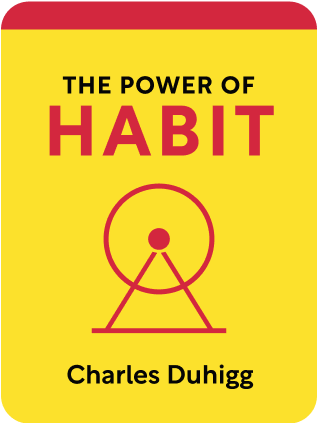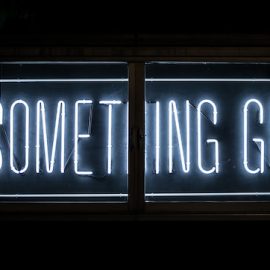

This article is an excerpt from the Shortform book guide to "The Power of Habit" by Charles Duhigg. Shortform has the world's best summaries and analyses of books you should be reading.
Like this article? Sign up for a free trial here .
Do you want to know how to build willpower? Can you teach yourself to have willpower?
Learning how to build willpower can help you overcome bad habits. A lot of people think willpower is a natural skill. But the truth is that willpower can be taught, and you can improve your willpower.
Read more about how to build willpower.
How to Build Willpower
Willpower can be defined in a number of ways: as self-discipline, determination, self-control. More technically, it has also been defined as the ability to delay short-term gratification to reach long-term goals, the ability to override an unwanted impulse, and regulation of the self.
Willpower has a number of interesting properties:
Willpower is Critical to Personal Success
A famous study in the 1960s, nicknamed the “Marshmallow Test,” studied the willpower of 4-year-olds. Kids were put into a room and presented with a marshmallow on a plate. They were presented with a deal: you can eat this marshmallow right away, or you can wait a few minutes and we’ll give you two marshmallows. The researcher left the room and watched the kids. Most kids (70%) twisted and squirmed before snatching the marshmallow and eating it joyfully. About 30% ignored their urges and got the longer-term reward of 2 marshmallows. But what can this test tell us about how to build willpower?
Decades later, they tracked the kids’ performance in high school. The minority of kids who delayed gratification ended up with the best grades and SAT scores that were 210 points higher on average. They were less likely to do drugs and were more socially popular. It seemed that being able to resist short-term temptations had rippling effects for academics and resisting peer pressure. This ideas has since been replicated across dozens of experiments. Willpower even predicts academic performance more robustly than IQ.
You Can Learn How to Build Willpower
The same 4-year-old kids can be taught techniques to resist the marshmallow, like distracting themselves by doodling, or picturing a frame around a marshmallow so it looks like a picture. So you can learn how to build willpower.
Willpower is less a skill and more like a resource, like muscle power.
This means willpower is depletable. In a study, college students were presented with a bowl of cookies and a bowl of radishes. They were split into two groups – one was instructed to eat only the cookies and leave the radishes, and the other to eat only the radishes and leave the cookies. The radish group should be using more willpower trying to resist the cookies. Students in both groups were then given an impossible puzzle to solve, and the time before they gave us was measured. The radish group gave up in 8 minutes, 60% less time than the cookie eaters who spent nearly 19 minutes. By resisting the cookies, the radish group had depleted their willpower, and had less of it to use on the maze.
Building willpower in one aspect of life spills over into other areas of life.
In different studies, participants were trained to build willpower in physical exercise, or money management, or study habits. Not only did they achieve results in what they were training directly (like exercising or saving money), they also improved other aspects of their lives – they smoked less, drank less, watched TV less, and ate better, even though the experiment didn’t target these behaviors. It almost seemed as though willpower was a keystone habit that taught people how to better regulate their impulses and avoid temptations, across all their life.
How to Develop Willpower
The key to learning how to build willpower is to predict the most painful points, and build a specific plan beforehand for how you’ll work through them. For example, if you want to start running, the most painful point is probably when you get off the couch, put on your shoes, and take the first 20 steps. After that, you can get into the zone.
To build a habit, construct a routine ahead of time to push through the pain, and keep practicing it until it becomes a habit. You don’t necessarily need to have a greater bank of willpower – you just need to make self-control automatic so you don’t even think about it, and this conserves willpower for later.

———End of Preview———
Like what you just read? Read the rest of the world's best book summary and analysis of Charles Duhigg's "The Power of Habit" at Shortform .
Here's what you'll find in our full The Power of Habit summary :
- The 3 steps to change your habits
- Why habits are at the root of success in football
- How social movements are just an expansion of habits from individuals to communities






